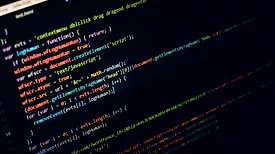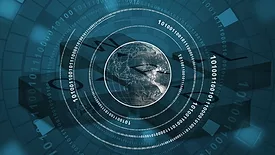Home » Keywords: » International cyber security
Items Tagged with 'International cyber security'
ARTICLES
Sign-up to receive top management & result-driven techniques in the industry.
Join over 20,000+ industry leaders who receive our premium content.
SIGN UP TODAY!Copyright ©2026. All Rights Reserved BNP Media.
Design, CMS, Hosting & Web Development :: ePublishing









.webp?height=168&t=1640632305&width=275)
